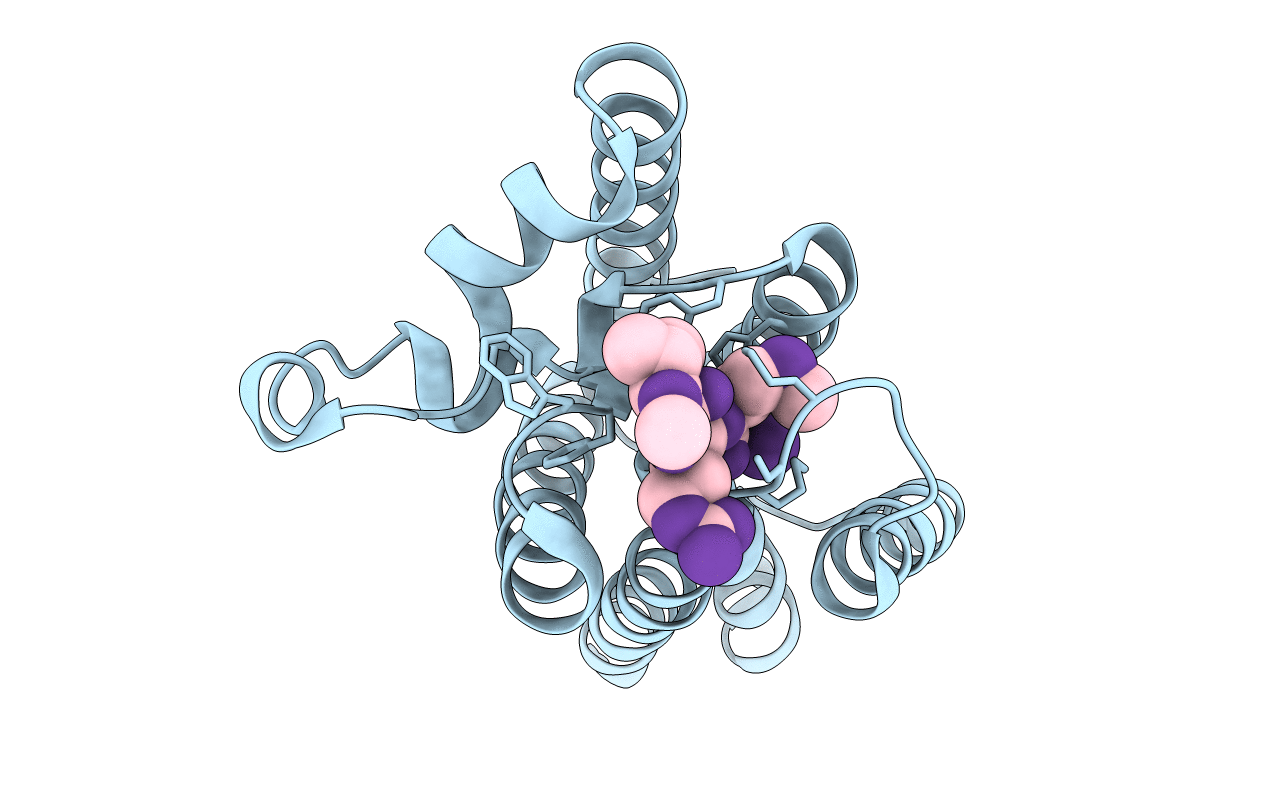
Deposition Date
2020-01-15
Release Date
2020-09-16
Last Version Date
2023-11-15
Entry Detail
PDB ID:
6VJ8
Keywords:
Title:
Crystal structure of GlpG in complex with peptide chloromethylketone inhibitor
Biological Source:
Source Organism(s):
Escherichia coli (Taxon ID: 562)
Drosophila melanogaster (Taxon ID: 7227)
Drosophila melanogaster (Taxon ID: 7227)
Expression System(s):
Method Details:
Experimental Method:
Resolution:
2.30 Å
R-Value Free:
0.25
R-Value Work:
0.21
R-Value Observed:
0.21
Space Group:
H 3 2


